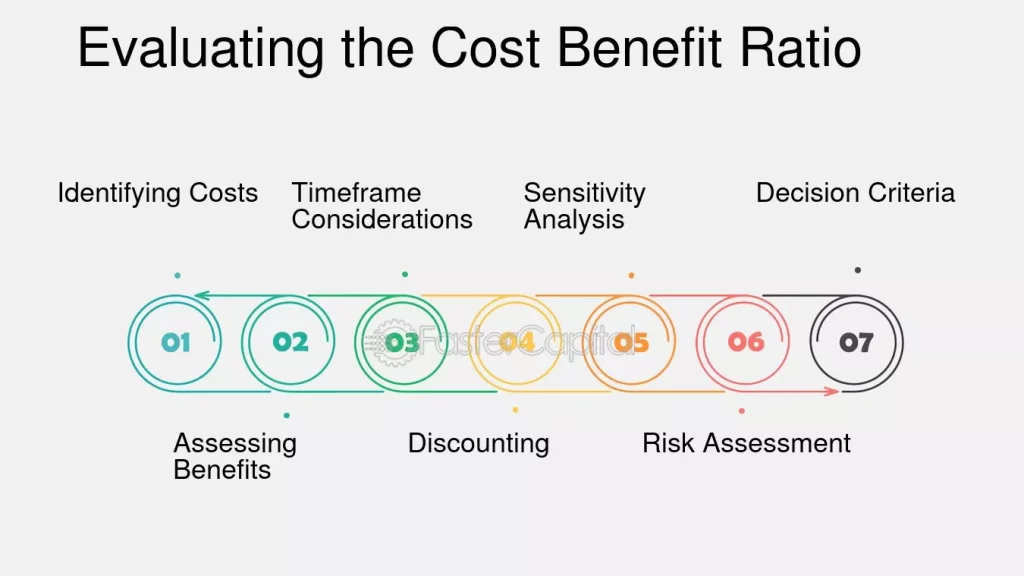AUTHOR: Ruby PATEL
DATE: 27/12/23
Introduction
E-commerce in India has witnessed an unprecedented surge in recent years, and with this growth comes the crucial need for a seamless and secure payment processing system. In this article, we will delve into the world of payment processors, exploring their significance, key features, popular choices, challenges, benefits, and the future of payment processing in the Indian e-commerce landscape.
Understanding Payment Processors
Payment processors act as intermediaries between online businesses and financial institutions, facilitating the smooth flow of transactions. Whether it’s credit card payments, digital wallets, or other online payment methods, these processors play a vital role in ensuring a secure and efficient process.
Key Features of a Reliable Payment Processor
When selecting a payment processor for your e-commerce venture, certain features should be non-negotiable. Security measures, such as SSL encryption and fraud detection, are paramount. Additionally, integration capabilities with various platforms and a user-friendly interface enhance the overall experience for both merchants and customers.

Popular Payment Processors in India
Several payment processors dominate the Indian market, each with its own unique set of features and fee structures. From traditional banking solutions to modern digital wallets[1], businesses must carefully weigh the pros and cons before making a choice.
Challenges in Choosing the Right Payment Processor
Selecting the right payment processor is not without its challenges. Hidden costs, technical compatibility issues, and the quality of customer support can significantly impact your business.[2] Awareness and careful consideration are essential to avoid potential pitfalls.
Benefits of a Robust Payment Processor
Investing in a reliable payment processor goes beyond facilitating transactions. It contributes to increased conversion rates and fosters trust among customers. The right payment processor becomes an integral part of the customer’s journey, from browsing products to making a purchase.

Tips for Integrating a Payment Processor with E-commerce Platforms
Integration is a critical aspect of the payment process. Ensuring compatibility with major e-commerce and offering customization options can streamline operations and enhance the overall efficiency of your online store[3].
Case Studies
Examining successful businesses can provide valuable insights into choosing the right payment processor. Learning from both triumphs and failures can guide e-commerce entrepreneurs in making informed decisions for their own ventures.
The Future of Payment Processors in Indian E-commerce
As technology evolves, so do payment processors. Emerging trends[4] such as contactless payments, blockchain, and artificial intelligence are reshaping the landscape. Staying ahead of these developments is crucial for businesses looking to remain competitive.

Best Practices for E-commerce Businesses
Prioritizing the user experience is paramount in the e-commerce industry[5]. Streamlining the checkout process and offering a variety of payment options can significantly reduce cart abandonment rates, ensuring a smooth journey for customers.
User Experience and Payment Processing
The intersection of user experience and payment processing is a critical juncture in the customer journey. A seamless, hassle-free payment process contributes to positive feedback and customer loyalty.
Legal and Regulatory Aspects
Adhering to Indian laws and data protection regulations is non-negotiable for e-commerce businesses. Compliance ensures the security of customer data and builds trust in an era of increasing digital transactions.

Evaluating the Cost-Benefit Ratio
While features are essential, businesses must also consider the cost implications of their chosen payment processor. Calculating the return on investment (ROI) ensures that the benefits justify the expenses.
Feedback and Reviews
Customer reviews provide valuable insights into the performance of a chosen payment processor. Addressing negative feedback promptly and transparently demonstrates a commitment to customer satisfaction.
Conclusion
In conclusion, selecting the right payment processor is a crucial decision for any e-commerce business in India. From ensuring security and user-friendly interfaces to staying abreast of technological advancements, every aspect plays a role in the success of online ventures. As the digital landscape evolves, businesses must adapt and invest in reliable payment processing solutions to thrive.
FAQs
- What is the importance of a secure payment processor for e-commerce?
- A secure payment processor is essential for safeguarding customer data and fostering trust.
- How can businesses address challenges in choosing the right payment processor?
- By being aware of hidden costs, ensuring technical compatibility, and evaluating customer support quality,.
- What role do customer reviews play in selecting a payment processor?
- Customer reviews provide insights into the real-world performance of a payment processor and help businesses make informed decisions.
- What are the emerging trends in payment processing for e-commerce in India?
- Contactless payments, blockchain, and artificial intelligence are shaping the future of payment processors.
- How can e-commerce businesses balance features with expenses when choosing a payment processor?
- By calculating the return on investment (ROI) and ensuring that the benefits justify the costs,.

